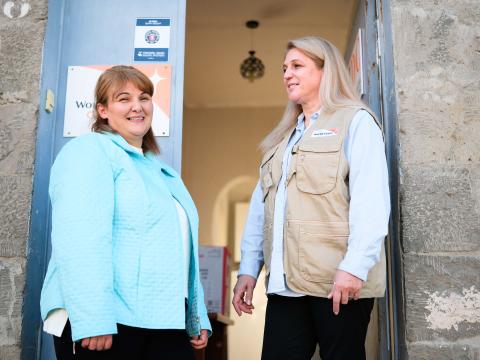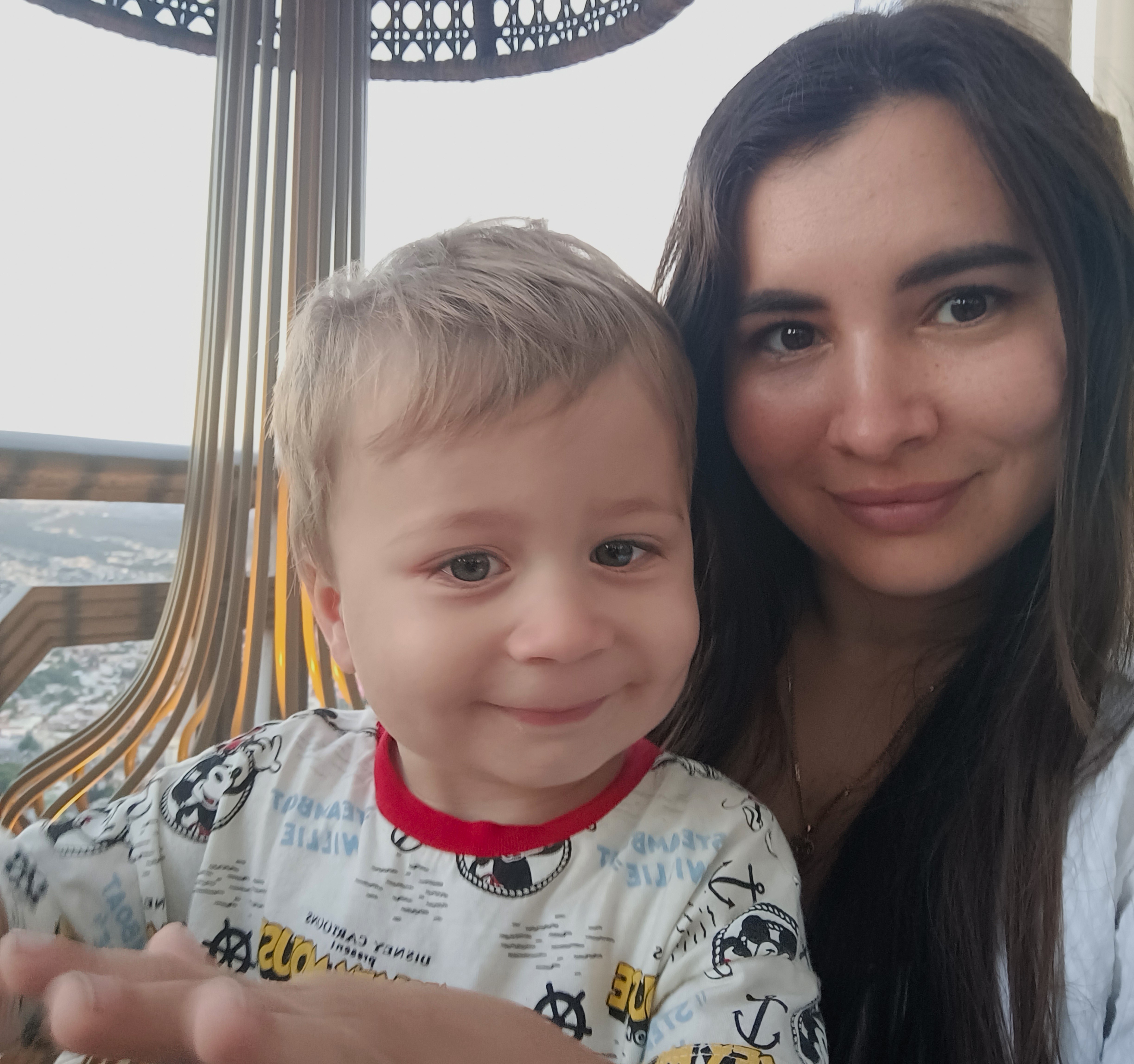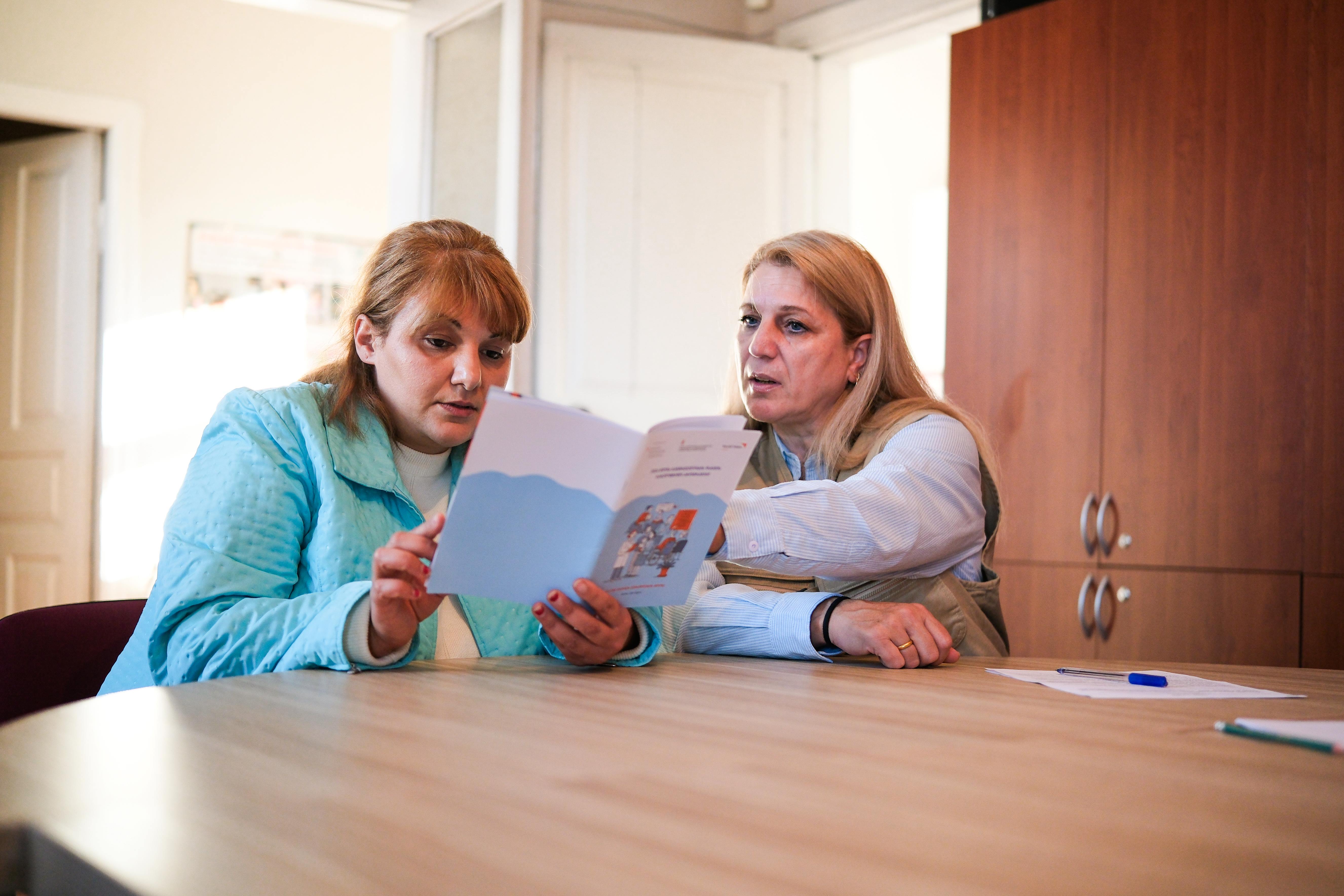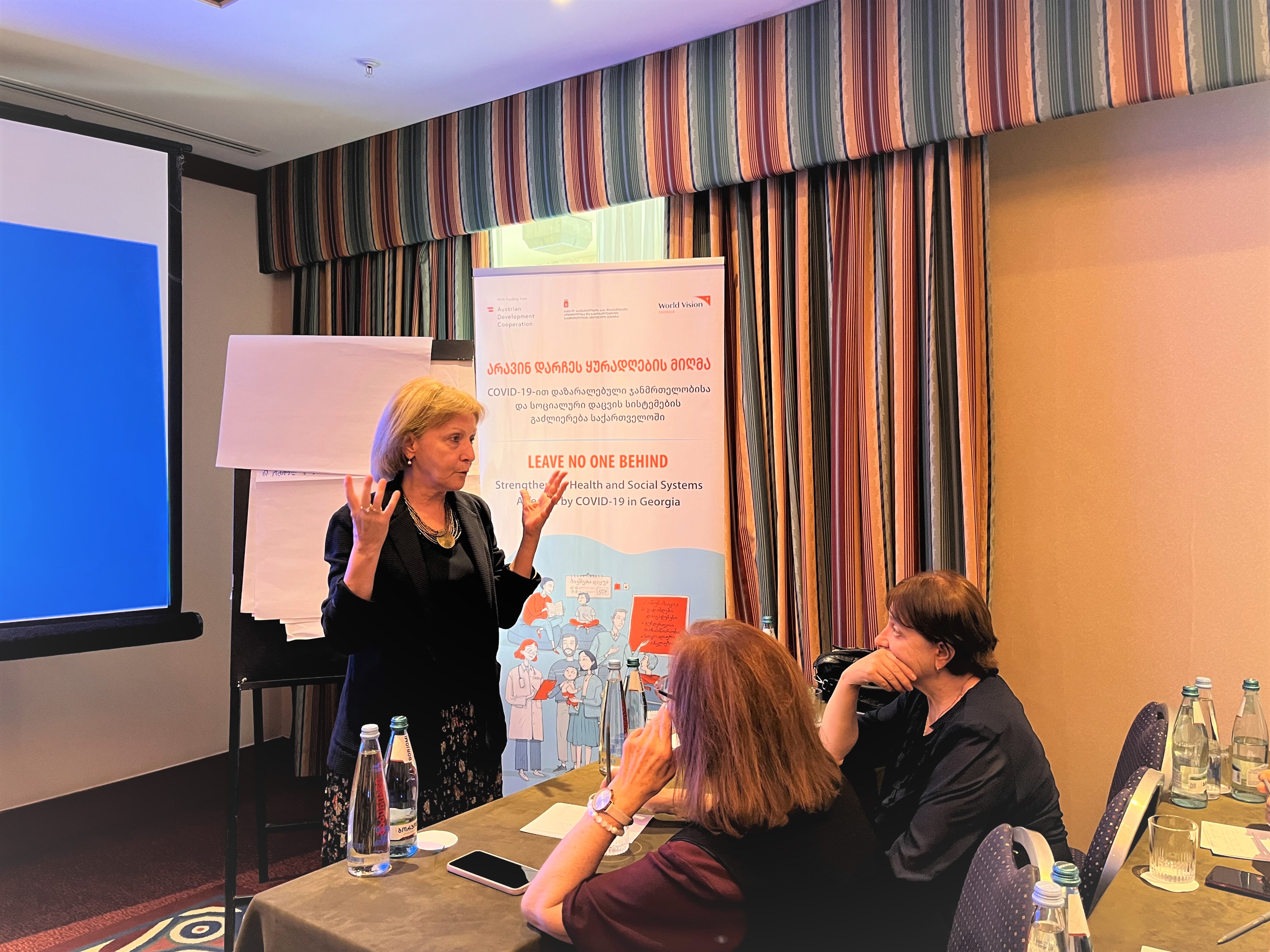Building healthier communities: World Vision Georgia’s impact on Public Health and awareness

World Vision Georgia is steadfast in its mission to improve the well-being of children and vulnerable communities, recognising health as a fundamental right and essential for a dignified and fulfilling life. The pandemic hit vulnerable families the hardest, including children, women, and people with disabilities. Many struggled with worsening economic and social conditions, leading to poor mental and physical health. Routine vaccinations dropped, and access to healthcare services became more difficult. Health personnel faced immense pressure, tirelessly helping others while managing their own stress and emotional exhaustion. To address these issues and support the recovery of public health, the organisation has launched vital healthcare project Leave No One Behind – Strengthening Health and Social Systems affected by COVID-19 in Georgia, focusing on strengthening Georgia's health and social systems.
Sophia, a refugee from Ukraine, is one of the many beneficiaries of these efforts. She arrived in Georgia in 2022 from Mariupol with her little son. Like many other Ukrainian mothers, she received diverse, need-based support from World Vision Georgia. However, she believes that attending an informational session on health issues was the most impactful part of the assistance.

“One day, my Ukrainian friend invited me to an information meeting organised by World Vision. Initially, I hesitated to go, but eventually, I joined her. I was pleasantly surprised by how valuable the information was for both me and my child,” Sophia shared. “I had been aware of certain health problems of my own for some time but was too afraid to visit a doctor for a proper check-up. The mere mention of the word 'cancer' terrified me. “
Back in Ukraine, Sophia had been diagnosed with cervical ectropion (cervical erosion), but it hadn’t been treated. Over time, it developed into a more serious condition.
“During the session, experts extensively covered various health issues and informed us about free state programmes and healthcare services. One alarming statistic stood out to me: how many women die from cervical cancer if it is not treated in time. The expert emphasised that many of these deaths could have been prevented with vaccination, timely medical intervention and screenings. That moment was a turning point for me,” Sophia recalled. “After the meeting, I decided not to postpone my examination any longer. I gathered the courage to see a doctor.”
After undergoing a free screening in Georgia, she was diagnosed with second-stage cervical dysplasia (CIN 2). “Following the doctor’s recommendation, I underwent a cervical biopsy, during which the affected tissue was removed and sent for testing."
Thankfully, the results came back normal and a follow-up colposcopy showed that everything had healed. I don’t know how long I would have postponed the examination and ignored health issues, if I did not attend World Vision’s information meetings. This helped me detect and address the illness in time,” she explained.
At the meeting, Sophia also learned about important health services and vaccinations for children. “This was especially relevant to me because, in Mariupol, we hadn’t managed to complete all the necessary vaccinations for my little boy due to the war. Thankfully, after moving to Georgia, we caught up with the routine vaccination schedule, ensuring my child’s health and safety.”
Another story features Nino, mother of two girls from Akhaltsikhe city in Georgia. The area in the southwestern region of Georgia is populated by ethnic minorities with limited access to information. Initially, she like many others from her municipality refused to vaccinate her daughters against Human papillomavirus (HPV) due to a lack of information. However, her perspective changed after attending a World Vision training session on HPV infection.
‘’At the kindergarten where I work, I learned that World Vision was holding a information session on HPV infection. I attended the training, which was incredibly informative. I received reliable information about HPV from health professionals and decided to vaccinate both of my daughters. Before this, we didn’t fully understand the importance of vaccination, and some had never even heard of HPV, " Nino explained.
"During the session, all my concerns were answered thoroughly and with clarity. When experts provide accurate, evidence-based information, it becomes clear how essential these measures are for our health. The training inspired me to share this information with others in my community, leading many parents to change their minds and vaccinate their children."
As a parent, Nino now encourages others to vaccinate themselves and take vital health measures, to protect their families from various diseases and secure the local community’s health. 
The project Leave No One Behind provided essential support to vulnerable groups by addressing their needs, as well as empowered healthcare workers and social workers through targeted training and guidance, enabling them to continue their vital work effectively:
- Six training modules on key health topics (immunisation, hepatitis, HIV prevention, HPV, TB, and STDs) were developed, which received accreditation from the Ministry of Labour, Health and Social Affairs of Georgia. This allows doctors and social workers to access the courses free of charge, enhancing their qualifications.
- Over 1000 professionals, including family doctors and social workers, have already completed these modules, helping them provide high-quality services to the public.
- More than 1,300 medical personnel and social workers enhanced their expertise in child protection and referral mechanisms, enabling them to identify cases of violence and abuse more effectively and make timely referrals.
- 12 Public Health Centres were equipped to strengthen their capacity, and 15 State and Day Care Centres received targeted support to safeguard public health in Georgia.
10 community projects were implemented to raise awareness about immunisation and other health measures. Additionally, the project raised public awareness, ensuring that the broader society, especially vulnerable groups, women and refugees, were informed about critical health issues such as immunisation, pregnancy, breastfeeding, important vaccines, and public health programmes by holding 35 information meetings in target regions for them.

The initiative has proven to be a lifeline for many like Sophia and Nino, reinforcing the importance of timely medical intervention and awareness. By addressing both the immediate and systemic challenges posed by the pandemic, the initiative has made a lasting impact on Georgia’s health and social systems. The project is implemented by World Vision Georgia in partnership with the National Centre for Disease Control and Public Health (NCDC), with the financial support of Austrian Development Agency (ADA).
Story by Lika Chigladze, Communications Officer